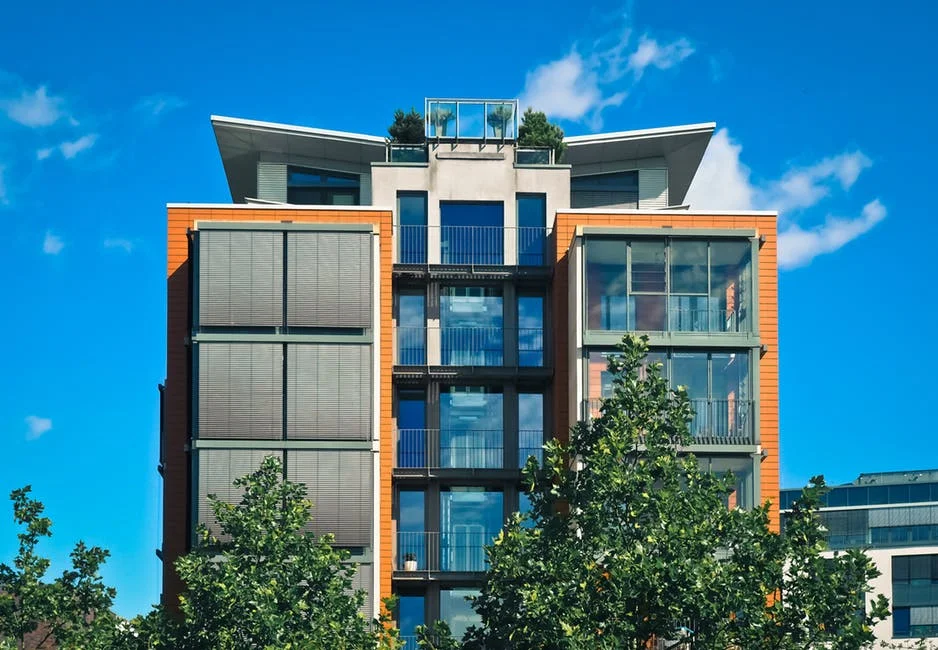Some people believe you should only fix a problem when there is one. But, this type of thinking often creates more difficulties and challenges when issues are compounded over time. It’s better to build up the motivation and be proactive by investing in preventative maintenance for your condominium. Creating a budget for preventative maintenance will save your team time, money and stress in the long run.
In property management, when everything seems to be working well preventative maintenance may seem like an overly funded budget and a great place to cut costs. However, over time building maintenance and fixes are always inevitable. When something does go wrong it can end up costing more to fix the problem on short notice than if it was addressed proactively. It’s better to have your organization invest in long-term preventative maintenance and consider it a part of your condo rules.
Follow these tips to ensure your condominium board observes strong principles of property management and condo budgets for preventative maintenance that is both effective and efficient:
Schedule Regular Inspections
The first tip for budgeting for preventative maintenance is to make sure that you perform regular inspections. This will increase the chances of noticing a problem in its early stages rather than waiting for the problem to grow.
Don’t Ignore Small Issues
If during your inspection you notice a problem that doesn’t seem urgent or pressing – do not ignore it. It’s better to address the problem in its early stages to prevent it from escalating. By ignoring a problem, you might as well be willing to commit to spending more to fix when it becomes a larger issue in the future.
Schedule Frequent Maintenance
While it is important to have someone on your board inspect everything regularly, it is also a good idea to schedule frequent maintenance by a professional. By doing this, you can ensure that no problems are missed and you can also determine whether your appliances and utilities are operating at their optimal capacity. This can help you determine when it is time to invest in new equipment.
Scheduling frequent maintenance also assists with budgeting because you will be aware of when the expense occurs and how much it will cost without any surprises. This increases financial stability for your condominium.
Monitor Your Reserves
Monitoring your condominium reserves is critical for effective budgeting. It is highly recommended to allocate sufficient money so you are prepared to cover any unforeseen costs. Have someone on your board with moderate accounting skills take charge of budgeting and financial accounts. They should track all components of your condominium using a timeline of expenses, so you can predict when specific expenses will be required again.
Still not convinced that budgeting for preventative maintenance is a wise choice for your condominium? Consider this example:
Let’s assume you have a piece of equipment that you expect to replace in 10 years and the replacement cost is estimated at $20,000. As a result, you allocate $2,000 to your reserve fund every year for the next 10 years to successfully cover the costs.
However, your condo board failed to follow the recommended maintenance schedule, as a result the piece of equipment only lasted seven years. Suddenly your condominium has lost three years of life from this equipment and it now needs to spend the $20,000 sooner than budgeted for. The unexpected costs puts a financial toll on the condominium and possibly results in having to cut back on other important areas.
Be smart about your property management and refer to your condo board and regulations to implement the appropriate preventative maintenance in your budget. Need help with condo replacement reserves? Contact us at Central Erin Property Management, we can help your property become a better investment.

